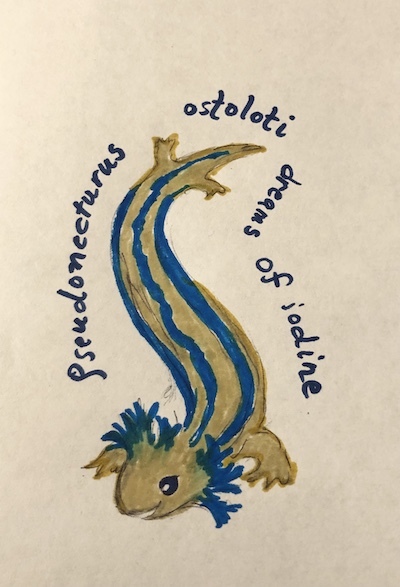I read a novella and a short story recently, and I've been thinking about them and about stories and how we tell them, what we tell, etc. The novella was Iona Datt Sharma's
Division Bells; super highly recommended. Love develops between two bureaucrats who are working for a minister in the UK's House of Lords. They're working on legislation, and the minutiae of that and of trying to work for good things in real life, within flawed systems, weaves together perfectly with their personal stories. It's sharply funny but also powerfully moving; it had me in tears a couple of times. But it's never lugubrious or self indulgent--it's never milking the moment. And the humor always comes in when you need it.
Most amazing of all for me, the story had what in my family we always called the Hollywood Betrayal, but what in romance fiction I've come to realize is called the dark moment, that was the complete opposite of what that plot twist usually is for me. Usually, for me, dark moments are an awful experience on a spectrum from frustrating to infuriating, a waste of time, manufactured tension to delay the inevitable. I really dislike dark moments.
But in this story, the dark moment was the culmination of one character achieving true growth, and it led the other character to see how shut down he's become through exhaustion and grief. It was remarkable. It made both characters
better, it was dramatic, and it moved the story along in a believable and necessary way.
Truly floored me.
The other thing I read was "Falling Action in Hoboken," a short story by Lucy Tan in the
Sun, which a friend got me a subscription to this Christmas. I wanted an excuse to try literary short stories someplace that wasn't the
New Yorker, so the subscription is great. And the story was good: it wasn't as world-weary and unpleasant as some of the
New Yorker stories I've tried have been. The writing was good, the characters interesting... It's what critics like to call "finely observed."
However (however however however): it was set in New York. *sigh* Okay. Fine. The viewpoint character is something of a cynic, relationship phobic, sure she's going to live alone all her life and basically fine with that. She picks up a guy she and a friend have been mocking at a distance, the sort of guy who reads Rumi at a bar. They think he's a poseur, but it turns out he's genuine. His family has a farm in Michigan.
[This set-up seems a little trite. Wholesome farm boy? Really?] So they get involved for-real for-real, and then stuff happens. Every step of the way feels predictable in its generalities without being predictable in the specifics. It ends in a manner that's true to the story.
And I thought to myself, this is an all-right, not-bad story. I read it with interest; I admired the writing.
It's so distanced, though. Is that part of what makes something feel lit-fic-y instead of genre-y? Is lit-fic these days relationship phobic? Is it afraid of being mistaken as a poseur who wants to be seen reading Rumi in a bar?
In the story, the narrator thinks,
I don't trust Matt's easy, expectant attitude. To live like he does is begging for disaster. It's disconnected from reality. But there is also a part of me that wants to see what he sees, that believes a life with him could make me, if not wholesome, then some other kind of whole.
I feel like that fear and wish applies to a lot of lit fic. It craves grandeur but mistrusts it.
LOL, but what do I really know?! Not much!













